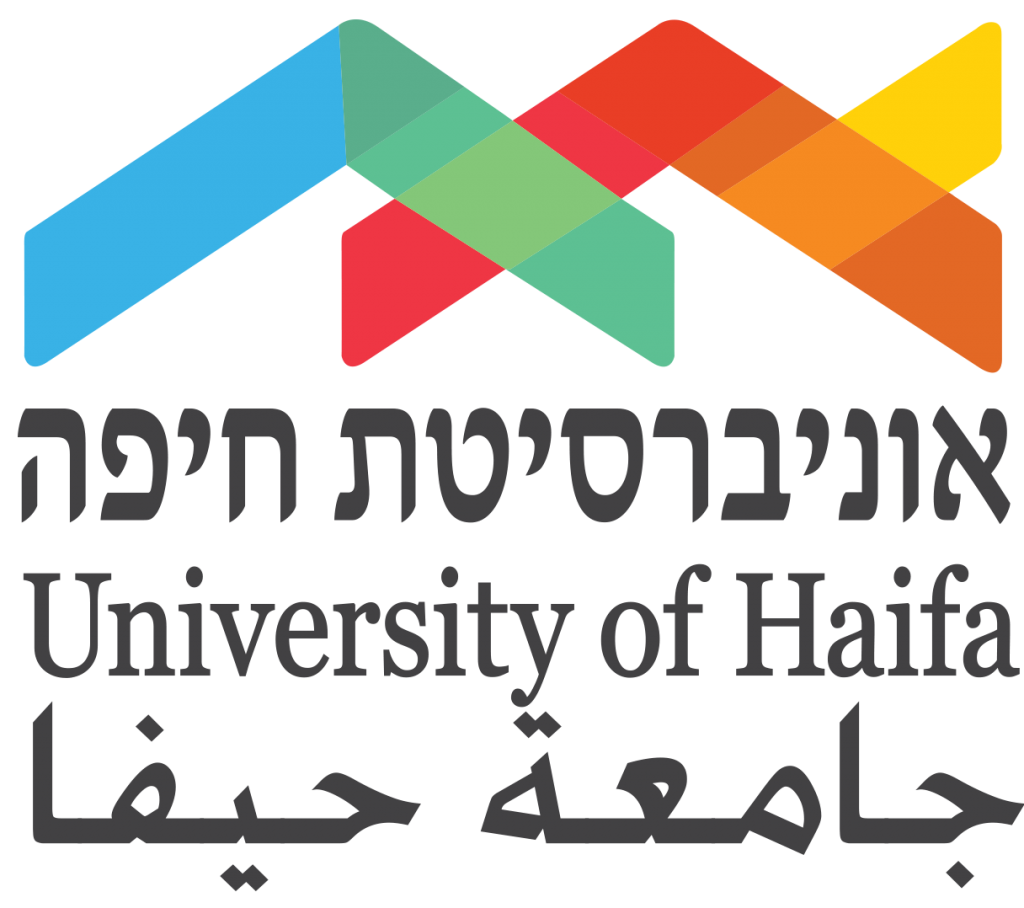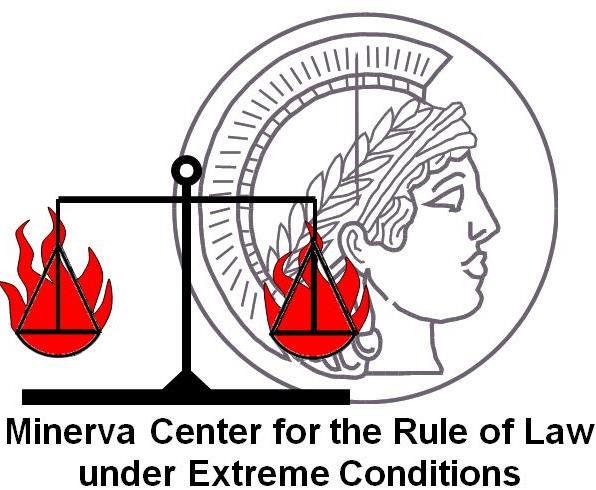

Promoting Peace in International Law:
Bringing States to the Mediation Table
With
Dr. Shelly Aviv Yeini
Wednesday, May 19, 2021 at 14:15-15:45
Link to recording on YouTube: https://youtu.be/o14aK7usOR4
The event was streamed live on Facebook
Abstract
Modern international law enshrines the value of peace. Nevertheless, the body of law regulating peacemaking is rather poor and ineffective. Chapter VI of the United Nations Charter aims to offer states an accessible roadmap to pacific conflict resolution. Disappointingly, Chapter VI has not lived up to expectations: it has produced an unimpressive record and is often referred to as the “neglected stepchild” of the Charter.
While traditional criticism of Chapter VI deals with Security Council paralysis attributable to the Permanent Five’s veto power, this paper offers an alternative point of view, focusing on states’ capacity to resolve their disputes without Security Council intervention. It suggests that article 33(1) of the United Nations Charter, which sets out the first step of pacific conflict resolution under Chapter VI, is deeply problematic because it requires states that are unable to cooperate to make the first move, approach the other party, and agree upon a method of dispute resolution in order to initiate the peacemaking process. However, states with a history of conflict and animosity often struggle to take the first step toward conflict resolution, often because of barriers such as suspicion of the other state’s intention, unwillingness to be the initiating party, and concerns regarding domestic public image and opinion.
Overcoming such obstacles requires a careful mechanism that will preserve states’ freedom of choice in dispute resolution while avoiding the initial barriers of conflict resolution. Choosing a default method of dispute resolution from the options listed in article 33(1) is just such a mechanism. Defaults satisfy both requirements: they have been shown to influence states’ behavior but do not violate states’ freedom of choice.
Specifically, this paper suggests that mediation should be set as the default method of dispute resolution, with the Secretary-General as a default mediator. Mediation may help states overcome the barriers to taking the first step and dispel stagnation in order to start a peace process. Setting mediation as the default approach is a solid option for improving the existing mechanism rather than undermining it altogether. It may offer states just the right nudge to start discussion and bring global peace one step closer.
See here more on Shelly Aviv Yeini


